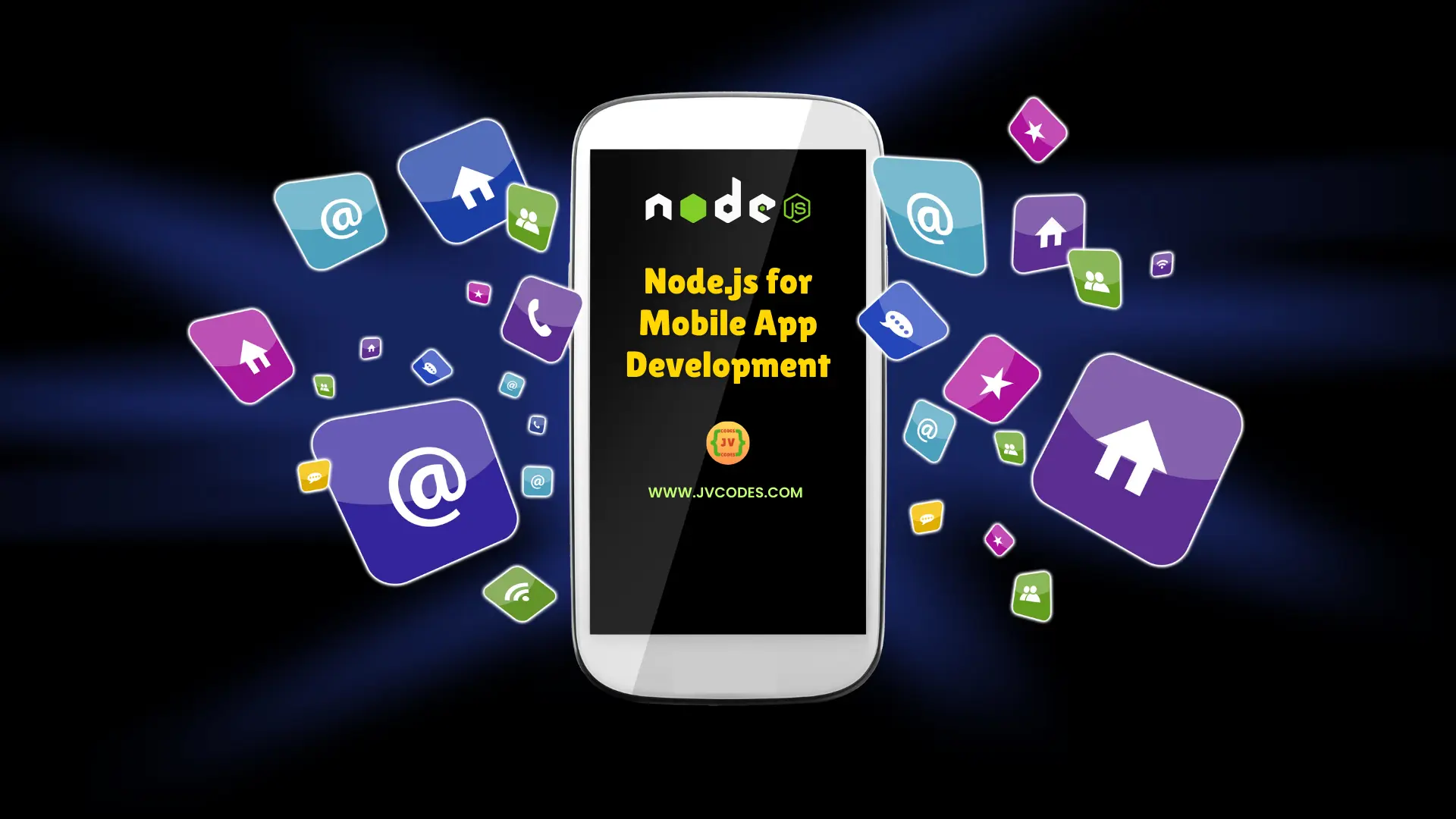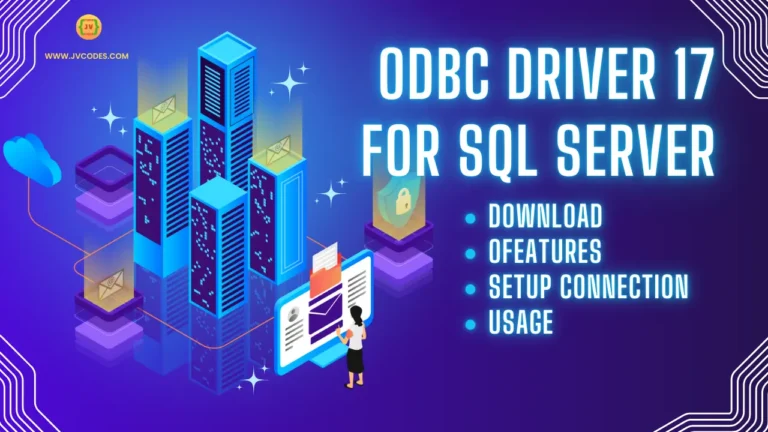Node.js for Mobile App Development: A Comprehensive Guide
Mobile applications are now a part of the lives of people due to advance technology and have become a necessity for any business, but one must carefully decide the backend technology for the applications.
One of the technologies that has been influencing the development of mobile applications is Node.js. But in reality what makes developers shift their preference towards using Node.js for mobile application development?
Now let’s look at the reasons and see how it can fundamentally change the way you develop mobile applications.
Also check this!
Why Stani’s Python Editor is the Perfect Choice for Python Developers?
What is Node.js?
Node.js is an open source cross platform JavaScript runtime based on the chrome v8 engine. Fully supports JavaScript and lets developers use this language both on the frontend and the backend.
Non-blocking, I/O model of the Node.js makes it more efficient, and lightweight, which makes it an ideal choice when it comes to developing scalable and real time applications.
Why Choose Node.js for Mobile App Development?
There are several reasons why Node js for mobile app development is gaining popularity:
1. Performance and Speed
It is widely used today mainly because of its high speed due to its unique non-blocking nature. This can accommodate several request at once, making it best for mobile apps which need real time content updates or which receives a lot of traffic.
2. Scalability
While creating an application for mobile devices, always remember that one day you may need to grow it, and for that, you need a backend that can grow with it. Node.js fits this role well because it has an event-based system, which means that the app can be easily scaled across certain servers without compromise of performance.
3. Real-time Capabilities
Real time application approach is inbuilt in Node.js. Whether you are trying to develop your messaging app or the live sports update or notification, the Node.js enables you to add real-time feature and some other features with the help of the libraries like the Socket.io.
4. Cross-Platform Compatibility
Indeed, Node.js is compatible with several frameworks of mobile application development, like React Native, Ionic, and NativeScript. This implies that you can design a backend once and then be able to use it in a variety of platforms, to save time.
Setting Up a Node.js Environment for Mobile App Development
Getting started with Node.js for mobile app development is simple. Just install Node.js and npm, which stands for Node Package Manager, that lets you manage libraries and packages for your project. You have the knowledge of setting up Node.js—which is a web server that can receive HTTP requests from the mobile application and return specific APIs.
After the environment is built, to get started with Node.js development you’ll need a code editor, such as Visual Studio Code, and a terminal to execute commands. With these tools, you can start early development of your app’s back-end, it will be interacting with the Mobile front-end.
Building RESTful APIs with Node.js for Mobile Apps
Most of the time when developing a mobile app, one of the first things that needs to be done is determining the API that links the mobile end user interface to the backend. With Node.js for mobile app development, this process becomes straightforward.
In order to manage different requests you can use Express.js to implement RESTful API that supports GET, POST, PUT, and DELETE. Currently, Express offers a neat and convenient means of handling routes — especially for connecting a mobile app to a database or other functions. These APIs can then provide data to your mobile app in real time or on request.
Security Best Practices in Node.js Mobile App Development
Security is crucial when developing mobile apps, and Node.js for mobile app development offers several ways to secure your app:
- HTTPS: Make sure that your app communicates with the backend using HTTPS as a protocol to secure your mobile application.
- JWT Authentication: Mobile applications make use of JSON Web Tokens (JWT) for the purposes of authentication. JWTs will help you secure your application and let the users engage in interaction with the application.
- Data Encryption: Out bound and in bound messages and data that is stored should be encrypted. Storing encrypted passwords in the database may be applied using such libraries like bcrypt that hash passwords before storing them into a database.
Conclusion
In conclusion, Node.js for mobile app development offers numerous advantages, from its performance and scalability to its ability to handle real-time features.
When combined with well known mobile frameworks such as React native and Ionic, Node.js can act as a backend system for creating robust multi platform mobile applications. Node.js has an extensive range of libraries and tools that help to develop amazing interactive mobile apps.
Being a server-side scripting language, Node.js can be easily used in the development of all types of mobile applications including the ones based on simple application templates as well as on complex data-driven templates.







